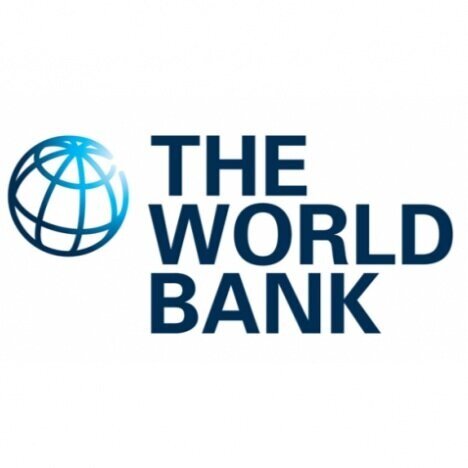ADVANCING CITIZEN ENGAGEMENT PROJECT
Overview:
The Government of Rwanda and Spark have an ambitious strategy to strengthen village level governance and enhance rural livelihoods across the country.
To finance this initiative, the Government of Rwanda, Spark, Comic Relief, the World Bank, and the Japanese Social Development Fund have teamed up to launch the Advancing Citizen Engagement (ACE) Project in Rwanda. The project is anticipated to kick off in early 2021, and will improve the livelihoods of 76,000 people across 249 villages in Rwanda, and enhance Local and Central Government capacity for participatory village planning, utilizing Spark’s tried and tested model for village development, the Facilitated Collective Action Process (FCAP).
Background:
Rwanda is widely celebrated for its remarkable post-genocide social, political, and economic renaissance. Uninterrupted economic growth since the mid‐1990s has resulted in a more than three‐fold increase in per capita income. Strong state institutions and capable public administration have been the cornerstones of Rwanda’s success.
Despite the impressive progress, Rwanda faces challenges translating strong growth into poverty reduction. Even before the onset of the COVID-19 pandemic, poverty reduction had stagnated, particularly in rural areas. Persistent high levels of rural poverty and stunting continue to limit Rwanda’s productive capacity and future competitiveness. Ninety percent of the poor live in rural areas and two-thirds of households face seasonal food shortages. The COVID-19 pandemic has exacerbated Rwanda’s development challenges, with growth projected to slow to 5.1 percent in 2020.
The Government of Rwanda recognizes that there is a need to strengthen citizen engagement, and make the Government more responsive to real news and concerns of citizens - especially those being left behind. The Government of Rwanda is increasingly committed to strengthening citizen engagement for decentralization and rural poverty reduction, but important gaps remain. Local Government capacity for participatory planning is limited. At the village level, community mobilization is undertaken by Social Economic Development Officers (SEDOs) within the respective cell Government administrative units. SEDOs have a good understanding of the targets set by the Government to reduce poverty, improve household assets and support food security. However, many feel ill-equipped to mobilize citizens to own and lead change. Engagement processes continue to be influenced by top-down development objectives, with limited technical capacity for community dialogue, feedback cycles, and inclusive participation.
In 2017, the Government approached Spark MicroGrants, requesting support to strengthen citizen engagement, increase the uptake of Government social programs and improve rural livelihoods. Founded in Rwanda in 2010, Spark has formulated a participatory village development approach that leverages historical Rwandan social organizing practices, including ubudehe, imihigo, and umuganda. In March 2019 (updated January 2020), LODA signed a Memorandum of Understanding (MoU) with Spark for a strategic collaboration to: (a) develop a National Framework for Participatory Village Planning for all 14,000 villages in Rwanda; and (b) strengthen existing decentralization initiatives by building on historical Rwandan traditions. This partnership opens up a timely opportunity to address important gaps in Rwanda’s approach both to rural poverty reduction and local governance. The ACE Project has been established to finance this partnership.
Links/Uploads/Forms:
See our publicly disclosed safeguarding documents and reports in the links below.
Expected Impact:
Total reach - 76,000 people in Burera, Gakenke, Gicumbi and Huye District of Rwanda
Outcomes:
Improved capacity of Local Government officials to engage citizens in participatory and inclusive ways
Improved participation and engagement of community-members in local development decisions, including people from marginalized social groups.
Improved livelihoods of rural households (measured via households assets)
Key Deliverables:
249 villages supported to lead their own development planning, with help from their Local Government officials
249 villages launching 498 microgrant funded village development projects
Over 1,200 village leaders and over 100 Local Government officials trained
Development of a National Framework for Participatory Village Planning by Spark and the Central Government, to scale positive lessons from the project across the country.
ACE Partners:




